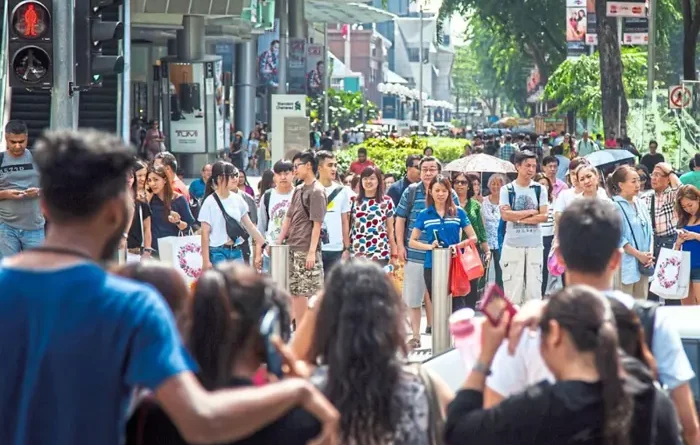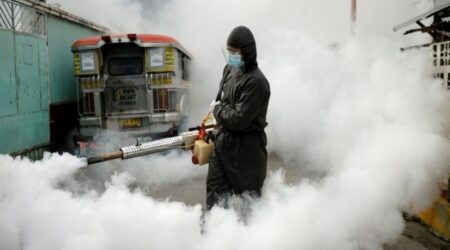Govt aims to ease cost-of-living issues
SINGAPORE: Singaporeans will get help to tackle ongoing cost-of-living worries, says Prime Minister Lawrence Wong, acknowledging that the issue remains a concern even as inflation has been moderating.
“My team and I will do everything we can to help you get through this difficult period,” he said in a video posted to his YouTube channel on Oct 2, addressing Singaporeans’ concerns about the cost of living.
While inflation is expected to come down further this year, this does not mean prices will never go up, he added.
“Price increases in goods and services will have to be done from time to time.
“To delay such adjustments will only make the pain worse in the future. But if such increases are needed, we will find ways to mitigate the impact,” said Wong.
He also noted that in the longer term, the key to managing the cost of living is to ensure that Singaporeans continue to enjoy good jobs with better wages.
“Then our workers will be able to earn more, with wages going up by more than inflation, and we can all become better off, in real terms.”
Laying out the forecast for 2024, the expected higher economic growth and lower inflation contribute to a favourable outlook.
More workers should also experience increases in their real incomes, according to Wong. The government is looking closely at how economic conditions will unfold in 2025, Wong pointed out.
For now, inflation is expected to continue easing to the lower levels seen before the Covid-19 pandemic, while the government will continue to push for productivity and innovation across the economy.
He further added that he will share more about the government’s plans in the 2025 budget.
He recapped previous policy announcements to address cost-of-living concerns.
In total, the government has earmarked more than US$10bil for the Assurance Package to help cushion the impact of cost-of-living increases.
The package has also been enhanced three times.
“So far this year, every Singaporean household has received S$800 in Community Development Council (CDC) vouchers.
“Households in Housing and Development Board flats have received up to S$400 in utilities rebates,” further noted.
“And eligible citizens have received up to S$700 in cash payouts.”
More help will also arrive in the coming months, he said. This includes more utilities rebates, another S$300 in CDC vouchers for every household in January 2025, as well as up to S$600 in cash payouts for every Singaporean.
He also spoke of how inflation is coming down around the world and the global picture is getting better.
For more than a decade before the Covid-19 pandemic, global inflation was largely stable, including in Singapore, where price increases were lower than global inflation in most years, he said.
But after 2020, supply chains were disrupted because of the pandemic and wars in Europe and the Middle East, impacting food and energy prices everywhere.
“We cannot control global prices. But we can, and we have mitigated the impact on Singaporeans,” he said.
During this period, the Singapore dollar was kept strong as the Monetary Authority of Singapore tightened monetary policy five times, shielding the country from most imported inflation, he added.
As a result, inflation in Singapore did not reach the peaks seen in many other countries, said Wong. He added that it is not just the government that has done more to address cost-of-living concerns.
Organisations are also doing their part, such as DBS Bank providing rebates on hawker meals, and supermarket chains providing discounts to senior citizens.
Community and grassroots organisations are also working with donors and partners to support vulnerable groups, said Wong.
Some give out grocery packs on a regular basis, while others set up make-shift community shops.
He also highlighted community initiatives to redistribute unsold or excess food in Singapore, noting that a lot of food is wasted here yearly.
“We should aim to redistribute such surplus food from restaurants, supermarkets and wholesalers. This will not only reduce food waste, but also help our vulnerable families.” — The Straits Times/ANN













Leave a Reply